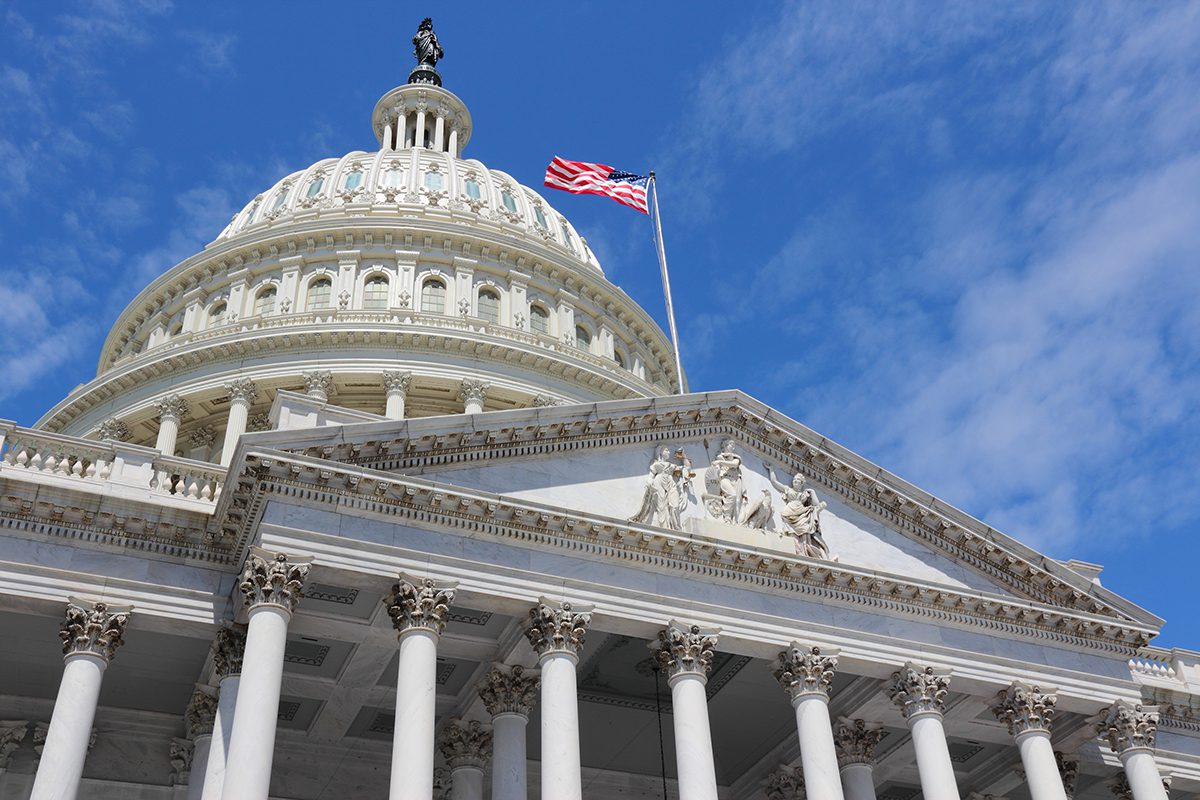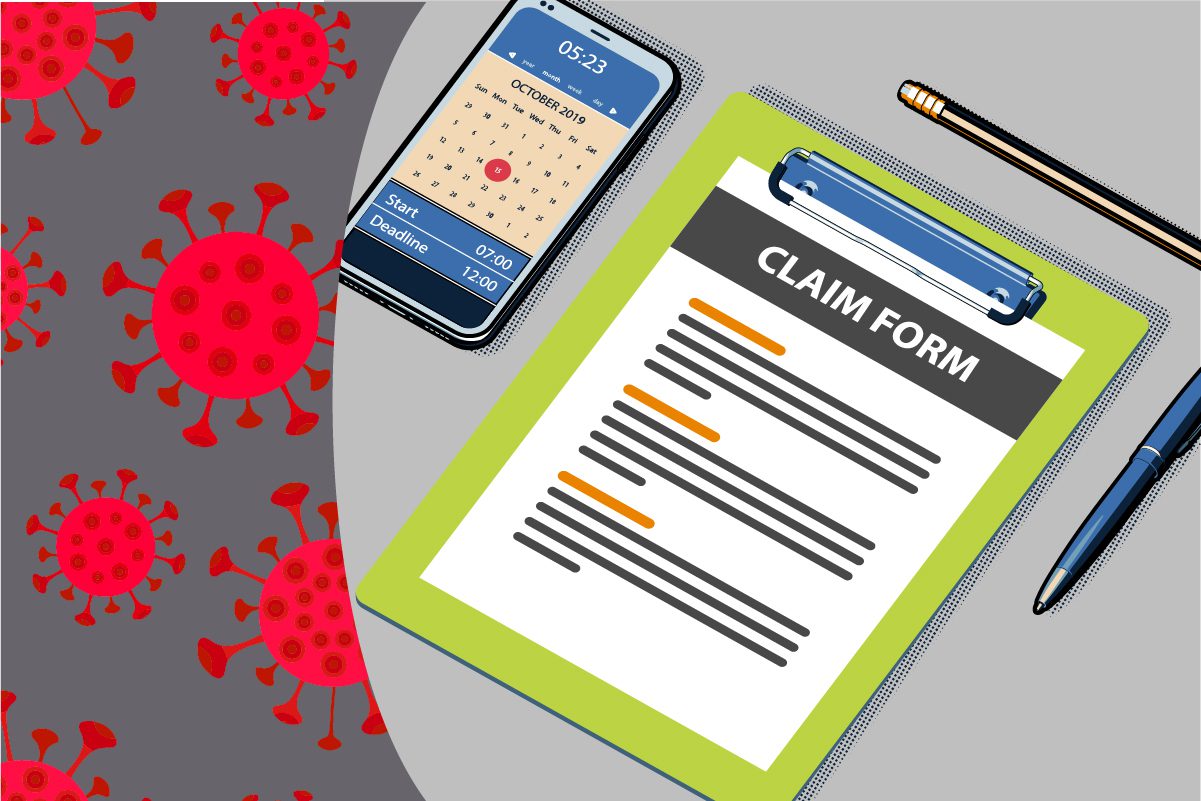Quick Facts: On May 12, 2020, the Internal Revenue Service (“IRS”) released Notices 2020-29 and 2020-33, collectively providing guidance related to cafeteria plan elections, health flexible spending accounts (“Health FSAs”), and dependent care assistance programs (“DCAPs”). (more…)
Read More











